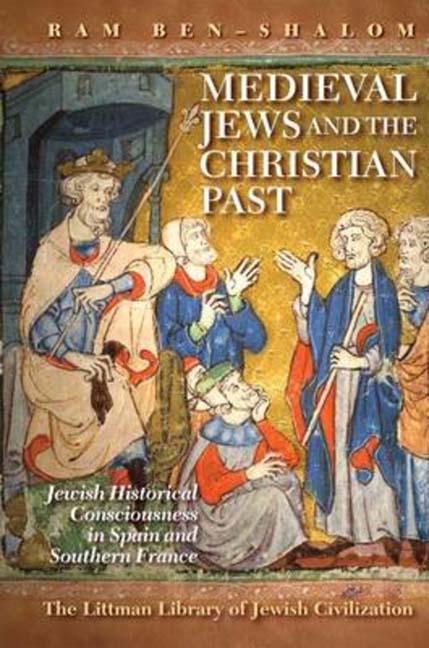5 - History of the Iberian Monarchies
Summary
THE KINGDOMS OF the Iberian peninsula, Castile and Aragon in particular, loomed large in Jewish historical consciousness. In Megilat hamegaleh, Abraham bar Hiyya devoted a major part of his astrological-political analysis of human history to the rise of Islam and its struggles against Christianity including the Crusades and the Reconquest of Iberia. Abraham bar Hiyya was the first Jew in Christian Spain to write about any events in the history of Spain. He began by describing the decline of the Umayyad empire following the Abbasid revolt (750 ce) which reduced Ummayad territory to Al-Andalus and noted a series of events that occurred in Spain: the establishment of the caliphate of Cordova by the surviving Umayyads; the liquidation of the Umayyad dynasty (the poisoning of Abd al-Malik by his brother Abd a-Rahman in 1008 and the execution of Abd a- Rahman in 1009); the rise of the principalities (taifas) (1031); the emergence of the Almoravid dynasty (1094); and the wars in the early twelfth century between the Christian kingdoms and the Almoravids (the conquests of Alfonso I the Battler of Aragon, who took Tudela in 1115 and Saragossa in 1118).
According to Abraham bar Hiyya, Iberia had no major role to play at the End of Days, but he linked the local tension between Christianity and Islam with events in the more important arena of the Land of Israel, which he interpreted as part of a process directed by God that would transform the entire world into the ‘Land of Israel’ and allow the Jews of the diaspora to inherit the lands of non- Jews.
Abraham ibn Daud was one of the first Spanish Jews to take much interest in local history, and Salo Baron acknowledged his important contribution to Jewish historiography. Baron stressed in particular Ibn Daud's History of Rome, in which he wrote about the invasion of Spain by barbarian tribes during the reign of Emperor Honorius and noted that the country, which was previously called Hispania, was given the name Andalus by the Vandals. He also mentioned the great men of the Spanish Church, Isidore and Leander, as well as Pope Gregory I, ‘the great philosopher’, in his discussion of Muhammad.
In the History of Rome, Ibn Daud tried to explain how Christianity spread to the Iberian peninsula and to elucidate the historical process that induced the barbarian tribes to accept the new religion.
- Type
- Chapter
- Information
- Medieval Jews and the Christian PastJewish Historical Consciousness in Spain and Southern France, pp. 177 - 238Publisher: Liverpool University PressPrint publication year: 2015



